Disclosure: Meeple Mountain received a free copy of this product in exchange for an honest, unbiased review. This review is not intended to be an endorsement.
Yaxha is a Mesoamerican archaeological site in the northeast section of the Petén Basin in modern-day Guatemala. Although it sits in ruins today, one cannot help but admire the architecture that remains, the most notable being its many stepped pyramids, which serve as the backdrop and inspiration for the topic of this review.
In the game of Yaxha, players draft colored cubes from a central display in order to add those cubes to their pyramids. At the end of the game, players earn points based on how they’ve constructed their pyramids and also how well their finished pyramids meet the criteria of the randomized Bonus cards. The player with the most points wins.
Of course, this is a high level overview of the game (the apex of the pyramid, one might say). If you’d like to learn more about how the game is played, then read on. Otherwise, feel free to skip ahead to the Thoughts section.
Setup
To set up a game of Yaxha, begin by placing all the cubes into the bag. Then, set out a number of Market tiles equal to the player count. Each player is dealt a set of cards that match the tiles that were selected along with a random Turn Order tile. Then, three Bonus cards are drawn and placed face up with the unused cards being returned to the box.
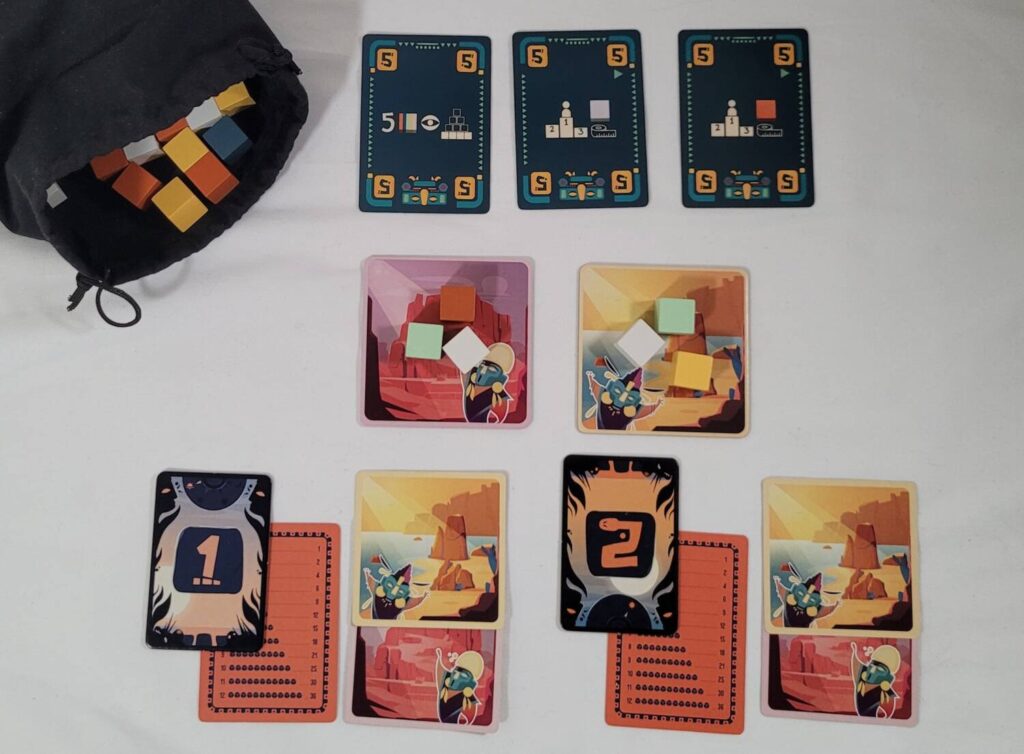
And, with that, you’re ready to begin playing.
Anatomy of a Round
One of the players will reach into the bag and then draw and place three cubes onto each of the Market tiles. Then, players will secretly select a Market card from their hand and place it face down on the table in front of them. Once every player has done this, the cards are revealed and the players will collect the cubes that were placed on the Market tile they selected.
If multiple people selected the same Market tile, the tie is broken according to turn order, with the person having the lowest number in turn order taking precedence. And here’s where things get confusing. After the person winning the tiebreaker claims their cubes, the remaining people who were not involved in the tie then claim theirs. After those people have claimed theirs, the leftovers are claimed by the people that lost the previous tie (based on their turn order). Then, the Turn Order tiles are swapped between players. Which players swap with whom is determined by player count. This Turn Order tile swapping only occurs in the case of ties.
This tie-breaker process is confusing the first few times, but quickly becomes second nature.
After players have claimed their cubes, those cubes are placed into their pyramid following some simple rules. With the exception of the very first cube, cubes placed into the pyramid must touch other previously placed cubes. Cubes placed into the upper levels (i.e. – not the pyramid’s base) must sit atop the intersection of four other cubes. And, cubes placed into the upper levels must touch a cube that shares the same color. If you have a cube that cannot be legally placed, then you must discard it.
Endgame and Scoring
The game comes to an end after ten rounds. At this point, unless you’ve had to discard a cube or two, you’ll have a completed pyramid with a 4×4 base. When scoring, you’ll consider your pyramid from an overhead view. Only the visible cubes will count toward any of the scoring criteria.
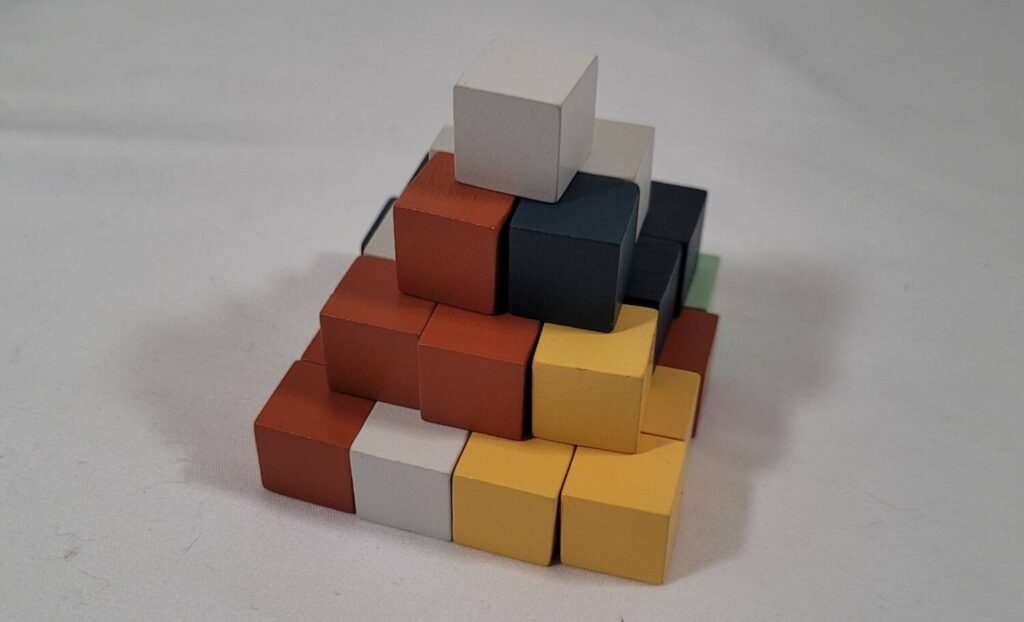
First, you’re going to score a variable number of points for the largest cluster of each of the visible colors in your pyramid. The larger the cluster, the higher the point value. After scoring each of the five colors, you’ll then look at the Bonus cards to possibly earn even more points. Each of these has specific criteria in order to score, and only the player who has fulfilled that criteria the best can score them. For instance, if you have a Bonus card that rewards 5 points for having the largest group of orange cubes, then the player with the largest group will score the 5 points. Tied players shared the reward.
The player with the highest score wins.
Thoughts
Yaxha is a game that is equal parts titillating and frustrating.
Constructing your pyramid while simultaneously having to consider how the construction of said pyramid is going to score you points presents an interesting and engaging spatial puzzle that is sure to get the mental juices flowing. Adding to the challenge is the constant need to assess what you think your opponents might be gunning for. In Yaxha, having first dibs is very important. So, being able to correctly gauge what your opponent might be wanting to do in order to snag the first player marker is key to doing well. The inverse is true. If you happen to be holding the first player marker, being able to anticipate what you think your opponents are thinking you might want and then going for something else is an excellent example of playing defensively.
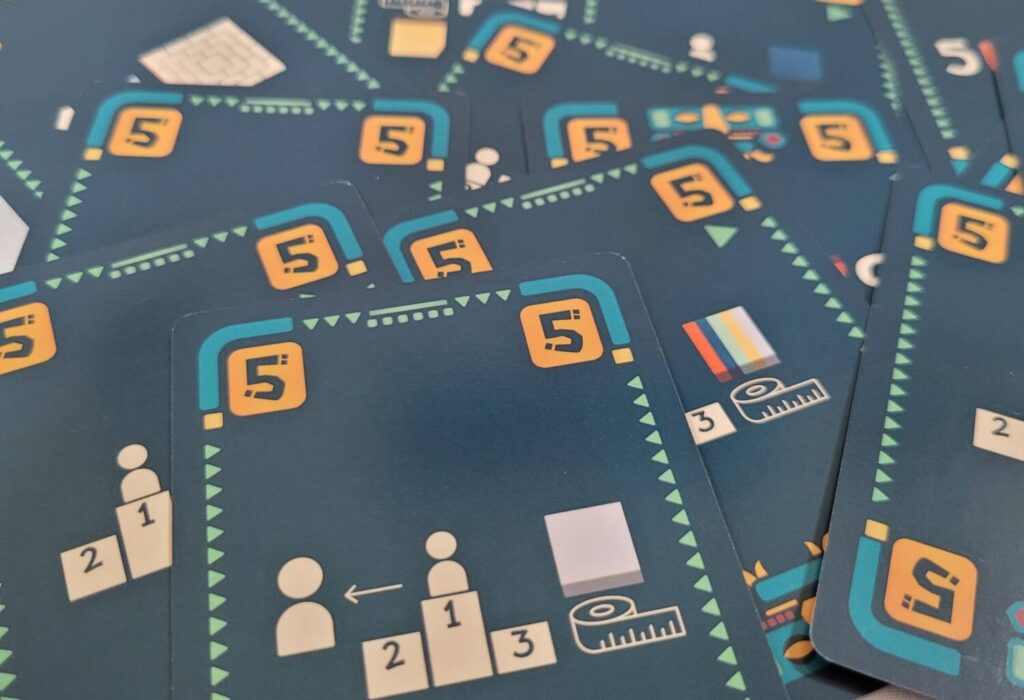
Yaxha requires a lot of tactical decision making. Sometimes you’ll get the cubes you want, and sometimes you won’t. There are going to be times that everything is going according to plan and times where you’ll have to pivot, and pivot quickly, if you want to win. I learned this the hard way in a recent 4-player game. I was competing for the goal to have the most black cubes in my pyramid. There are exactly fourteen cubes of each color in the bag and, if I’d been paying attention in the last few rounds, I would have realized that all fourteen black cubes had already been drawn from the bag and I would have had time to pivot and focus on the other two Bonus cards instead. However, I kept holding out for another black cube that was never going to come, and it wound up costing me the game.
I can’t fault the game for that since it was my own error that put me in that situation. However, that being said, it was my first time ever playing with four players and, at lower player counts, there will always be a few cubes left in the bag at the end of the game, so there’s a lot more mystery surrounding what may be coming up next. I guess that would be one small complaint I’d have. I wish there were at least one or two more of each color cube in the bag to discourage cube counting at higher player counts.
Another slight negative concerns the Bonus cards. In the rulebook, it is heavily implied that you’re competing for the Bonus cards—“Note: if there is a tie for a bonus card…” in the explanation text— but it is never explicitly stated so. Furthermore, some of the wording for these Bonus cards in the reference material is wonky and can leave some room for interpretation. On the pages leading up to this, there are multiple scoring examples provided, but none of them include any mention of how to actually score Bonus cards.
In fact, I feel like the entire rule book should be revisited. The rule book for Yaxha is of the multiple-languages-bound-together-in-a-single-booklet style, and this annoys me to no end. It’s not a big deal if the language you speak happens to be the first or last language in the book, but it quickly becomes cumbersome and tedious when your native tongue is crammed somewhere in the middle. Why isn’t there a reference that describes the Bonus cards that is separate from the rule book?
But, honestly, these are pretty negligible concerns. Despite these few misgivings, Yaxha is a very solid little game. It doesn’t take up a lot of space. It’s quick to set up and tear down. It’s easy to learn. It’s easy to play. And, it plays very quickly. There’s not much to dislike about that.
I really enjoy Yaxha and I like the headspace that it occupies.
Even if that space is shaped like a pyramid.


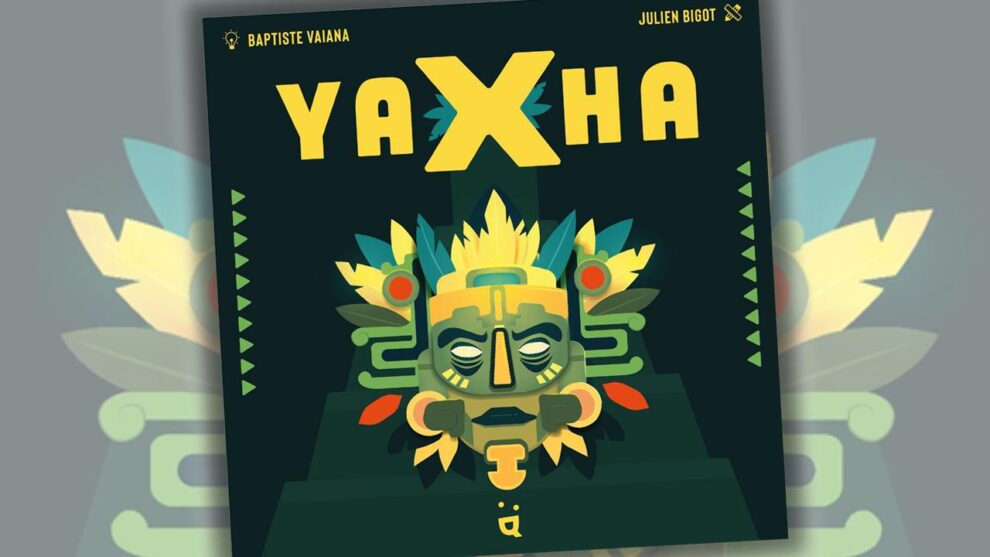

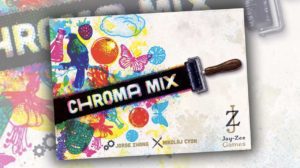
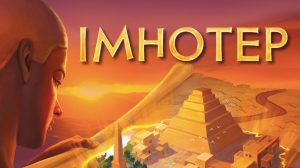
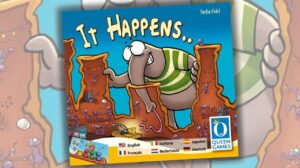





Add Comment